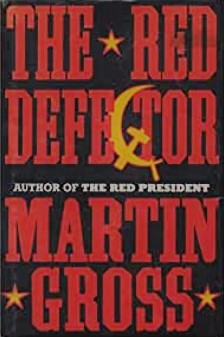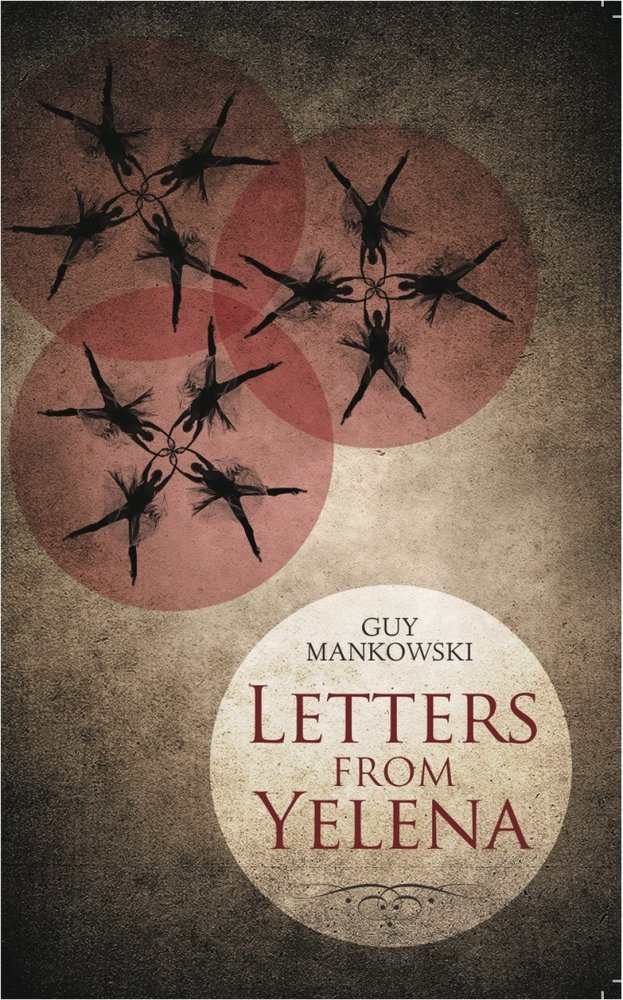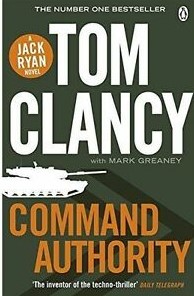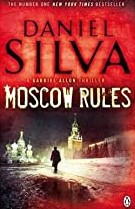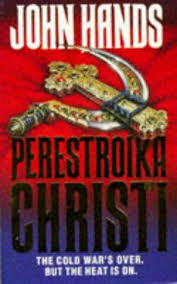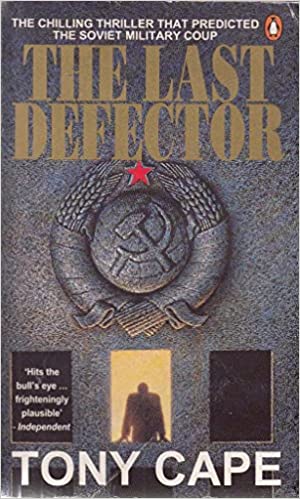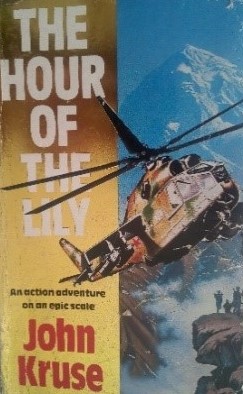Russia in Fiction’s previous review was of Tom Clancy and Mark Greaney’s 700-page thriller about Russia invading Ukraine. Given the current war scares, it seemed appropriate.
We follow up our review of Command Authority by reviewing a book that in almost every way has nothing in common with a blockbusting Clancy techno-thriller. In almost every way but one in this case, and the commonality is that Letters from Yelena is partly set in Donetsk and in Russia.
Only today President Putin recognised the Donetsk Peoples Republic, in eastern Ukraine, as an independent state. When Guy Mankowski’s Letters from Yelena was published, a decade ago, there was scarcely a hint that this region was on the brink of years of fighting that would lead up to today’s unfolding crisis.
But even if the novel had been written now, we doubt that any of these nationalist, military, geo-political questions would feature much, if at all, in Letters from Yelena. This is no international thriller, but rather a deeply personal and psychological story of one woman’s inner emotional torment. Its structure consists of an interior monologue in the mind of the eponymous heroine.
Continue reading
